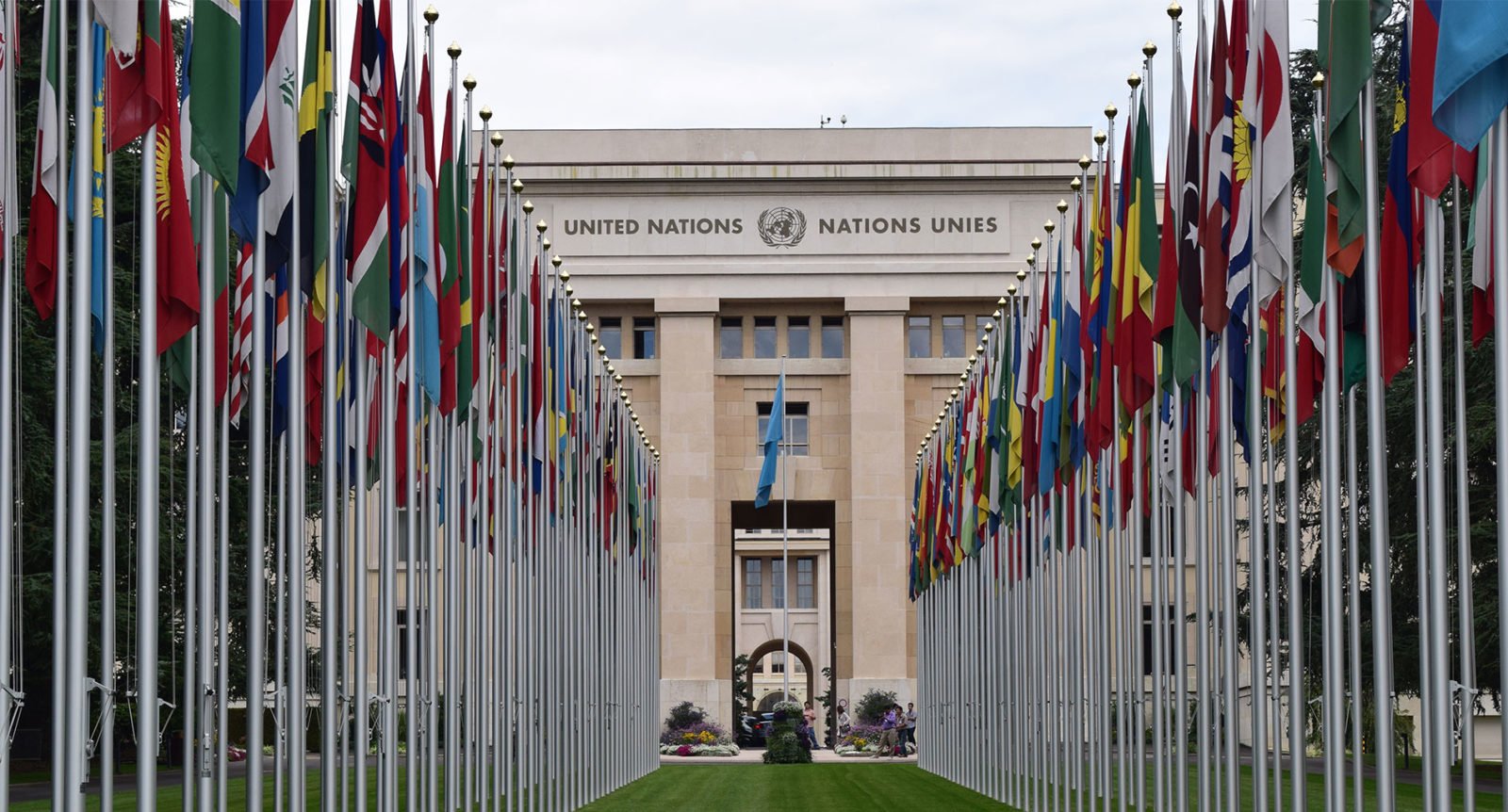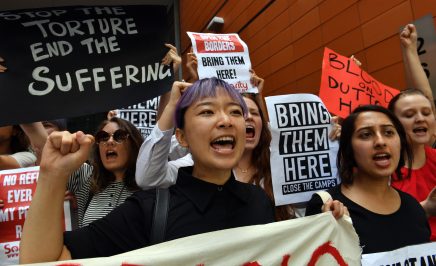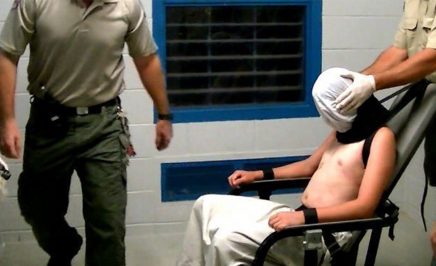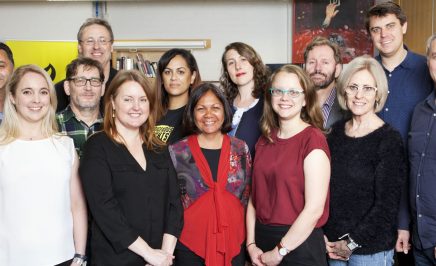In October 2021, the states parties to the UN Committee against Torture will elect five new members.
Amnesty International Australia has written to the Australian Foreign Minister, Marise Payne, calling on the government to nominate and vote in the elections to to take into consideration the following ‘checklist’ for key criteria for membership of the CAT:
- Be persons of high moral standing
Candidates must be people of high integrity in their personal and public life. Candidates must not have been involved, by act or omission, in any violation of international human rights law or international humanitarian law.
- Have recognised competence and experience in the field of human rights, in particular in relation to the prevention of torture
Candidates must have demonstrated expertise within a field relevant to the mandate of the Committee, e.g. through past or present professional activities, work-related achievements, or holding of other relevant expert positions. Such experience may relate to prevention of torture or other ill-treatment, monitoring of places of detention, prison and criminal justice systems, experience in the documentation, investigation or prosecution of cases of torture and other illtreatment (accountability), medical or health expertise in the rehabilitation of survivors of torture or other ill-treatment, gender-based forms of torture. Candidates shall also have experience in working in a multidisciplinary environment with a diverse group of stakeholders.
According to the Convention, consideration should be given to the ”usefulness of the participation of some persons having legal experience.” To ensure a multidisciplinary perspective in the Committee’s work, States shall also consider nominating experts with backgrounds in other fields that are relevant to torture and other forms of ill-treatment. Legal and other expertise in areas of specific relevance to the Convention among others criminal law, asylum, immigration law, extradition law, detention law and standards, including with respect to detention conditions and regimes, juvenile justice, and gender-based violence would be particularly important.
- Serve in their personal capacity and in full independence
Candidates must be independent of all States. States should therefore refrain from nominating candidates who hold any paid or unpaid position within the executive or legislative branch of government, unless situated within an independent authority, or who perform any other functions that could compromise their independence and impartiality (real or perceived).
- Promoting diversity in membership
When nominating candidates to the Committee, States should also give due consideration to a diverse membership with balanced geographical and gender representation. Diversity in the membership could include, in addition to equal gender representation and gender diversity, experts from diverse ethnic, cultural, religious and secular backgrounds, experts from Indigenous communities, and experts with disabilities. Consideration should also be given to the nomination of victims of torture or other forms of ill-treatment.
Finally, a balance between Committee members from civil law and common law jurisdictions should be sought in order to give representation to “different forms of civilization and the principal legal systems.”
This list was developed by Amnesty International alongside the Association for the Prevention of Torture, Human Rights Watch, the International Commission of Jurists, the International Federation of ACATs, the International Rehabilitation Council for Torture Victims, REDRESS and the World Organization against Torture.





